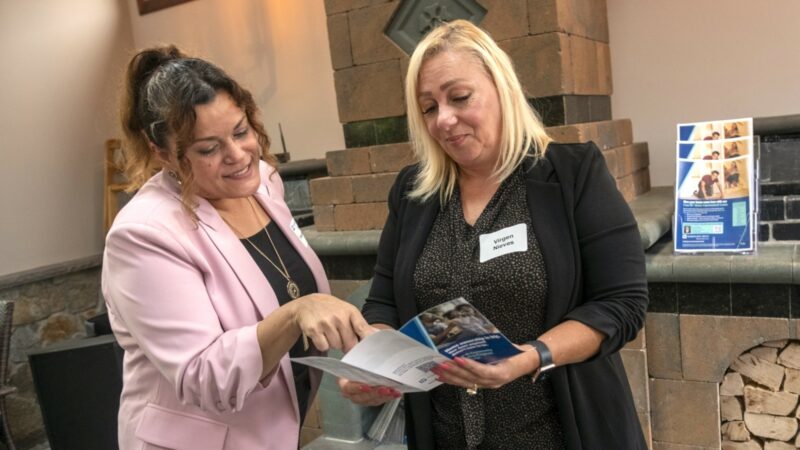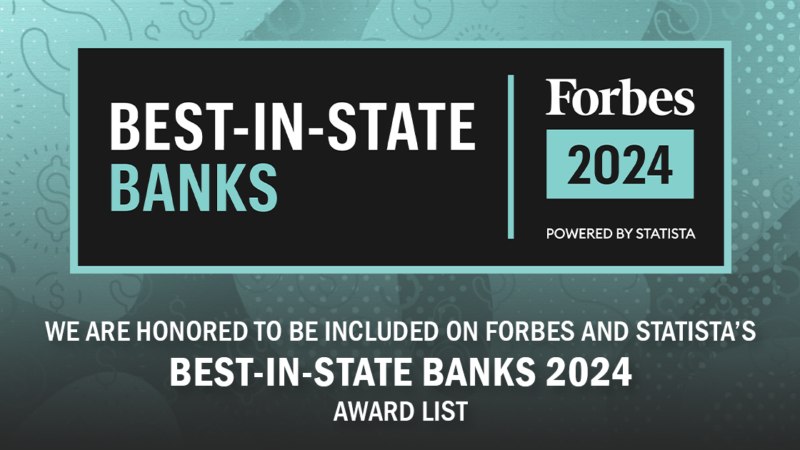Best Practices for Safeguarding Your Bank Accounts

In Internet banking as with traditional banking methods, security is a primary concern. At Washington Trust we have taken every precaution necessary to be sure our customer’s information is transmitted safely and securely, but you should always take precautions yourself to shield your money and your existing accounts.
Here are a few best practices we recommend…
- You’ve heard this one a million times, but make sure to create strong passwords and proactively change them frequently, never repeating a past password. This really is one of the easiest and most effective things you can do to protect your personal information online.
- Watch your credit, regularly monitoring your credit report and credit score to make sure that things add up. Monitoring your credit report will keep you on the lookout for any new cards, accounts, or credit inquiries that thieves may have initiated in your name.
- You can put a freeze or a lock on your credit reports through most credit report providers. This can block access to your credit reports and make it far more unlikely for a thief to open a new account using your personal information.
- Take advantage of online and mobile banking. There are numerous benefits to having ready access, literally at your fingertips, to view and receive updates on your bank accounts. If you are actively engaged and regularly check on your accounts, you are far more likely to find any discrepancy or breach and remedy it before too much damage is done.
- Be smart about where and how you connect to the Internet for banking or other communications involving sensitive personal information. Public Wi-Fi networks and computers at places such as libraries or hotel business centers can be risky if they don’t have up-to-date security software.
- Never share personal information like your Social Security or bank account numbers over the phone with strangers. Even if you think the caller is indeed who they say they are, be vigilant and confirm by calling the Bank or Company to verify.
- Similarly, be cautious about sharing your information on websites and in emails. Websites and emails are unfortunately easy to forge or make look legitimate. Be vigilant, and always look out for a security certificate on websites you visit.
- When visiting websites, look for the “ HTTPS” in the domain address. The “S” indicates that the website's server uses a certificate to prove the website's identity to browsers. While this is a layer of security, still be vigilant when sharing your information.
- Keep an eye on your physical mailbox as well. If you notice anything out of the ordinary, such as collection notices or an uptick in unsolicited offers, that could be a sign that your personal information has been compromised.
Need help or have additional questions?
Call our Customer Solutions Center at (800) 475-2265 or email us today!
Contact a Trusted Advisor
For more information or to speak with one of our trusted advisors about your unique financial needs, contact us at 800-475-2265 or submit an online form.











